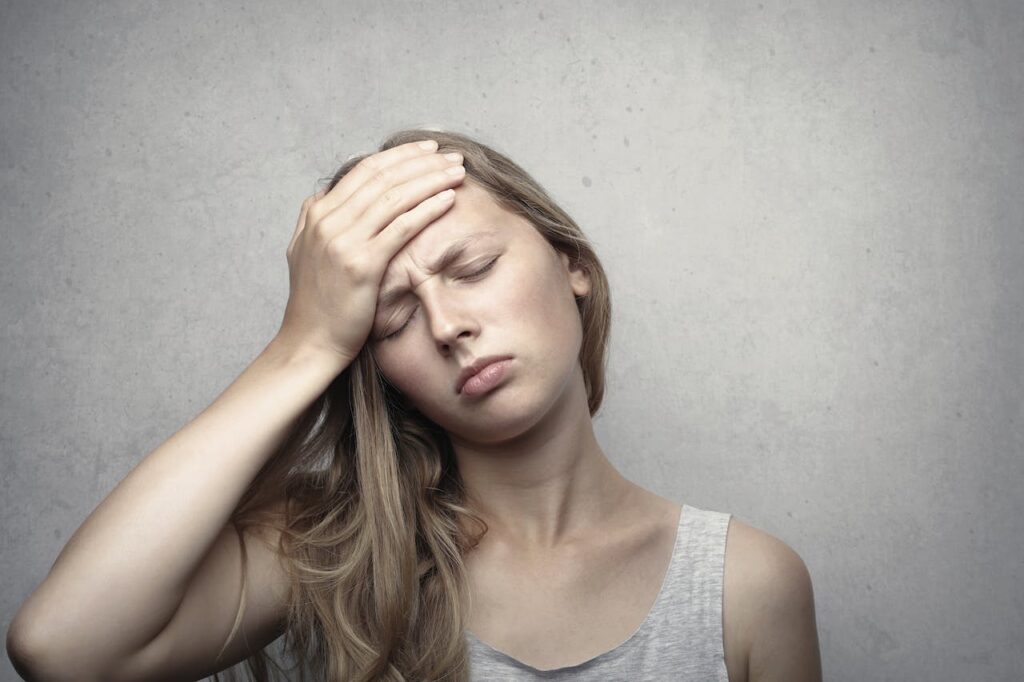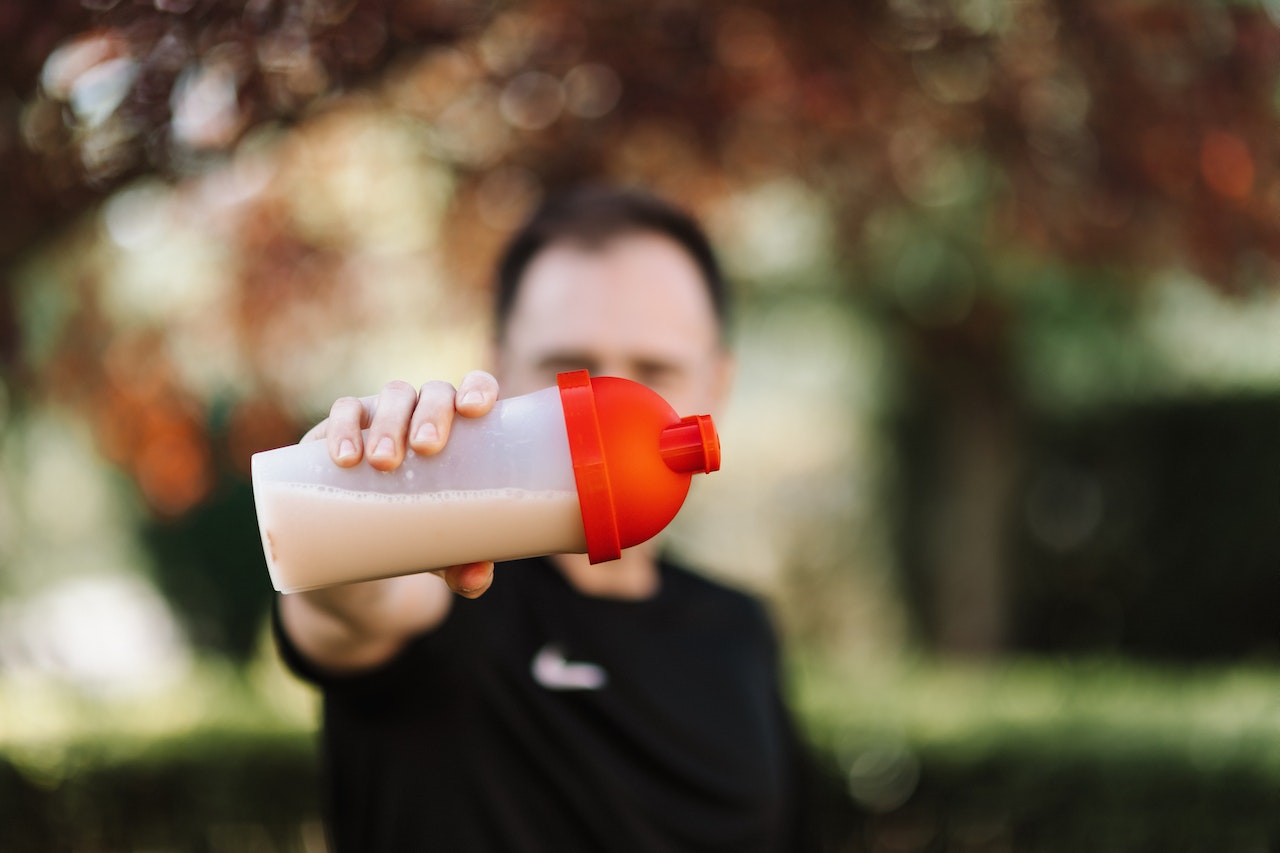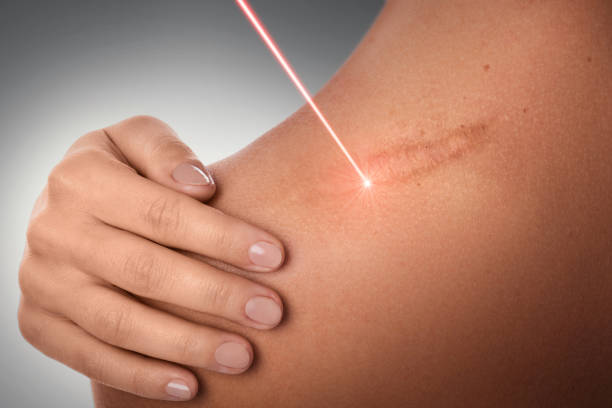When your body feels heavy, particularly in your lower extremities, it is more than just an inconvenience. It can hinder your ability to carry out everyday tasks, leaving you feeling drained and overwhelmed. This article aims to shed light on the various reasons you might be asking the question: “Why does my body feel heavy?” and provide insights into potential solutions.
The Significance of Heaviness in the Body
The sensation of your body feeling heavy can arise from a myriad of reasons, both physical and psychological. It’s essential to understand that this feeling is not merely a trivial discomfort but rather, a symptom of potential underlying conditions that need to be addressed.
The Connection to the Circulatory System
One common cause of a heavy feeling, especially in the legs, is poor circulation in the leg veins, a condition known as Chronic Venous Insufficiency (CVI). This condition arises when the veins in your legs struggle to transport blood back to your heart, leading to a buildup of excess blood in the veins. This can result in swelling, pain, and a feeling of heaviness.
Beyond Feeling Heavy: Additional Symptoms to Look Out For
However, impaired blood circulation can cause more than just a feeling of heaviness. Recognizing other symptoms can expedite the process of seeking treatment before complications arise. These symptoms can include pain, itching, leg cramping, and even varicose veins.

Unraveling the Reasons
Your body may feel heavy due to a variety of reasons. Understanding these reasons can help you find relief by addressing the root cause.
Lymphedema and its Impact
Lymphedema, a disorder marked by the accumulation of fluid in the lymph nodes, often leads to swollen, heavy legs. Compression therapy is typically the go-to treatment for this condition.
CVI and its Effects
Similarly, CVI can cause swelling and a sense of heaviness in the legs. The heart pumps an impressive 2,000 gallons of blood daily through your arteries and veins. The arteries circulate oxygen-rich blood to the body, while the veins return the deoxygenated blood to the heart.
However, when the tiny valves in the veins that help push blood upward against gravity weaken, blood circulation from the veins to the heart slows. As blood pools in the vein, excess fluid leaks into the surrounding tissue, leading to intense swelling, pain, leg cramping, itching and a sudden feeling of heaviness in body.
Risk factors for CVI include obesity, genetics, and a sedentary lifestyle. Women, due to hormonal changes during pregnancy and menopause, have a greater chance of experiencing vein disease than men.

How to Alleviate Heaviness in the Body
The good news is, there are ways to make your body feel lighter. Here are some techniques and treatments that can help ease the sensation of heaviness:
- Exercise: Engaging in low-impact aerobic exercises like walking, biking, and swimming can boost circulation. Stretching is another excellent way to enhance blood flow.
- Lower salt intake: Excessive sodium can cause water retention, leading to swelling. Reducing your salt intake can help alleviate this issue.
- Stay hydrated: Drinking enough water can regulate your blood pressure, which can cause the veins to swell. If you’re not a fan of plain water, you can try flavoring it with fruits or herbs for a more enjoyable experience.
- Try compression therapy: This therapy can improve circulation and reduce swelling. Compression stockings apply gentle pressure to the leg veins, keeping the blood moving.
- Elevate your legs: This simple activity can help drain blood from the legs back to the heart. Elevate your legs above your heart for 20 to 30 minutes daily to alleviate swelling and heaviness.
- Get your varicose veins treated: Modern procedures are minimally invasive and can treat or remove the diseased vein, so blood diverts to healthier veins. If the swelling and heaviness result from varicose veins, several effective treatments are available.
Seeking Treatment for Vein Disorders
If you’re experiencing symptoms of vein disease, such as heaviness and swelling, it’s crucial to consult a vein specialist. They can confirm sluggish blood flow in your veins and propose tailored treatment options.
Physical Activity and Nutrition: The Dynamic Duo
Exercise and a healthy diet go hand in hand when lightening the body’s load. A balanced diet rich in nutrient-dense foods can sustain energy levels and supply the nutrients your body needs for essential functions. Simultaneously, regular physical activity stimulates your body to create more mitochondria, tiny structures within cells that transform food and oxygen into energy.
Mental Health and Body Heaviness
A connection exists between feelings of heaviness and mental health. Depression and anxiety can often lead to a sense of fatigue or heaviness. It’s essential to address these mental health concerns with a professional and adopt stress management techniques, like meditation, to alleviate these symptoms.
Importance of Hydration
Dehydration can often lead to fatigue and a sense of weakness. Drinking enough water daily can prevent these symptoms and help regulate blood pressure. The recommended daily water intake is 11.5 cups for women and 15.5 cups for men, including water from beverages and food.
In Conclusion
In summary, the sensation of a heavy body can stem from various sources, from physical conditions like CVI and anemia to mental health issues like depression and anxiety. Understanding these causes and seeking appropriate treatment can aid in alleviating this discomfort and enhancing your overall well-being. If you’re experiencing persistent feelings of heaviness, don’t hesitate to reach out to a healthcare professional.




